Over 4 million register for eVisas, 600k yet to switch: UK MP Seema Malhotra
The Indian-origin Labour MP on Feb.27 urged UK visa holders to adopt eVisas; deadline extended till June 1.
 Seema Malhotra, Parliamentary Under-Secretary of State for Migration and Citizenship of the United Kingdom / LinkedIn
Seema Malhotra, Parliamentary Under-Secretary of State for Migration and Citizenship of the United Kingdom / LinkedIn
Indian-origin UK MP Seema Malhotra on Feb.27 revealed that more than 4 million UK visa holders have registered to access their eVisas. However, approximately 600,000 individuals are yet to transition from physical immigration documents to the new digital system.
Malhotra, Parliamentary Under-Secretary of State for Migration and Citizenship of the United Kingdom, said, “We had previously estimated the number of biometric residence permit (BRP) holders who needed to create an account to access their eVisa at over 4 million but have always been clear that this number is hard to establish accurately given the daily fluctuations in this data, with people’s leave expiring, people leaving the country before their leave expires or leave being cancelled or curtailed.”
After reviewing the latest data from the Feb. 27 report, Malhotra noted that over 4 million immigration status holders have switched to eVisas but urged those who haven’t to do so.
She noted, “This means that a significant majority of the immigration status holders who needed to take action have done so, but we continue to encourage and support those who have not yet made the switch to follow suit.”
What is an eVisa?
An eVisa is a digital version of an immigration document that verifies an individual’s legal status in the UK. Designed to replace traditional physical documents—such as biometric residence permits (BRPs) and biometric residence cards (BRCs)—eVisas provide a secure, accessible, and efficient way to manage immigration status. These digital records, accessible through a UKVI account, are tamper-proof, ensuring enhanced security for both individuals and the immigration system.
Urging people to adopt the eVisa system, Malhotra stated, “eVisas bring significant benefits. Unlike physical documents, they cannot be lost, stolen, or tampered with, making the UK immigration system more secure and efficient.”
Transition period and key deadlines
To facilitate the transition, the Home Office has extended the ‘grace period’ until June 1, allowing individuals with expired BRPs or BRCs additional time to switch to an eVisa.
Malhotra emphasized the advantages of creating a UKVI account, explaining, “While the Home Office generates an eVisa for each person based on their immigration status, a UKVI account allows individuals to update personal details, view their status, and securely share proof of their immigration status with employers or landlords.”
The transition to eVisas aims to enhance accessibility, eliminate the risks associated with lost or fraudulent documents, and streamline the process of managing immigration status. The digital format provides greater flexibility and security while making it easier for individuals to verify their status when needed.
Malhotra urged those who have yet to register for a UKVI account to do so as soon as possible, stating, “It is free and simple for anyone holding physical or paper documents to create an account and transition to a more secure digital status.”
The statement further emphasized that travelers should link their passport or travel document to their eVisa before international trips. Those without a BRP or EUSS BRC will have their travel permissions checked through other means. Travelers can also generate a 90-day share code via the View and Prove service to verify their immigration status when needed. Carriers can contact the UK Border Force Carrier Support Hub for assistance.
While holders of Indefinite Leave to Remain (ILR) can continue using their physical documents for now, they are also encouraged to switch to an eVisa. However, after June 2025, expired BRPs and BRCs will no longer be accepted as proof of immigration status when traveling to the UK.
“We remain committed to an open dialogue and fostering collaboration to ensure sustainable and equitable outcomes for all,” concluded Malhotra.
ADVERTISEMENT
ADVERTISEMENT
E Paper
Video




 Saheba Khatun
Saheba Khatun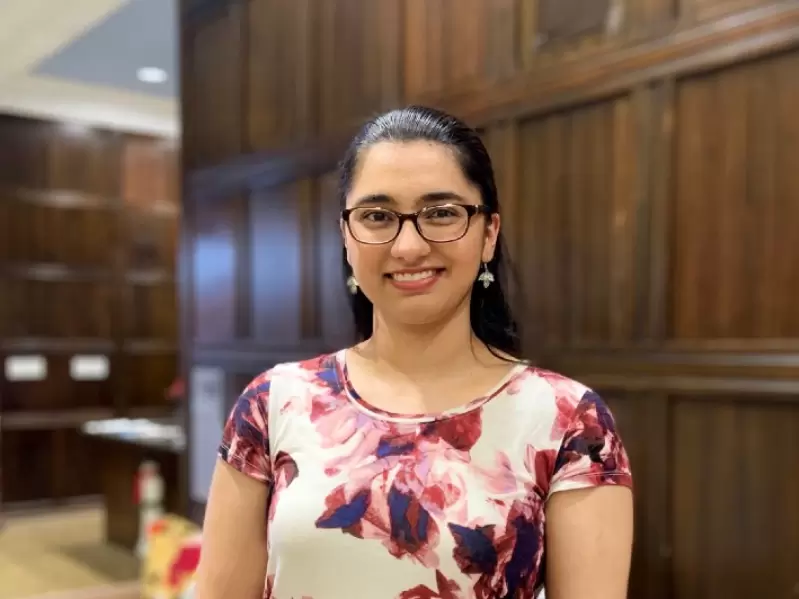


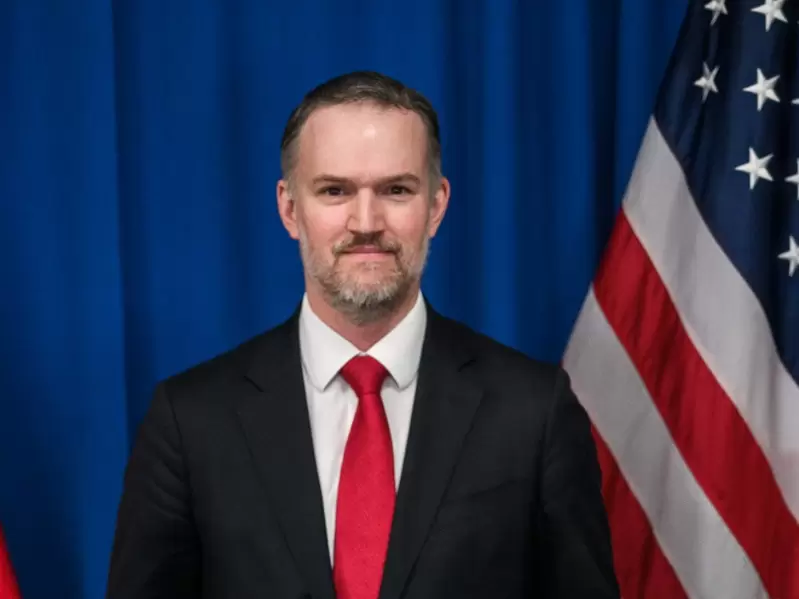
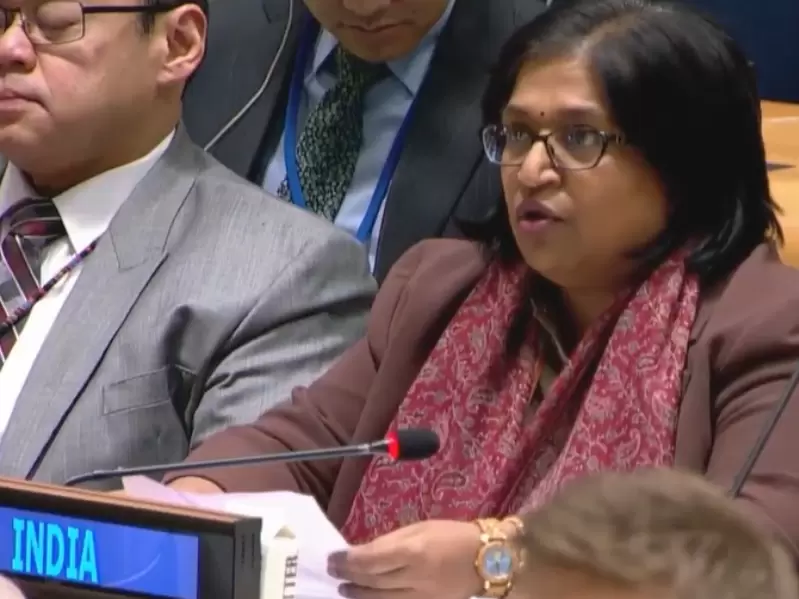
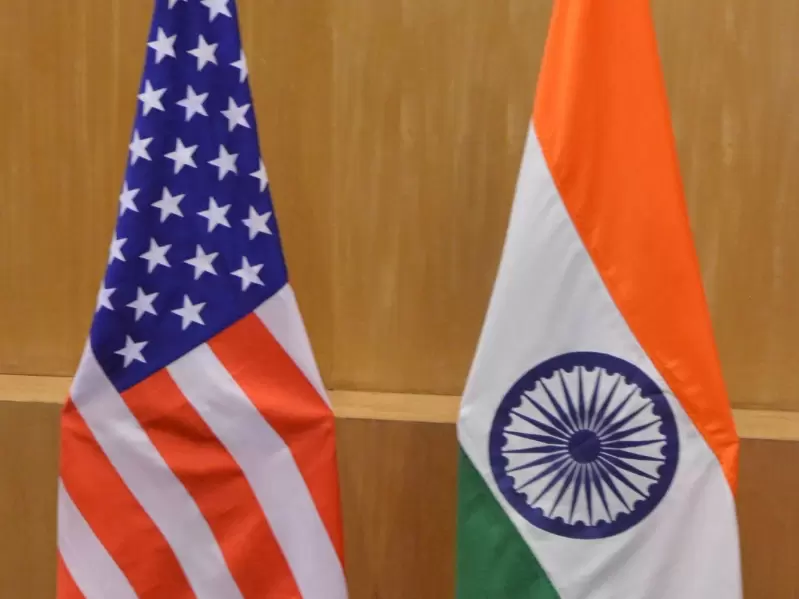

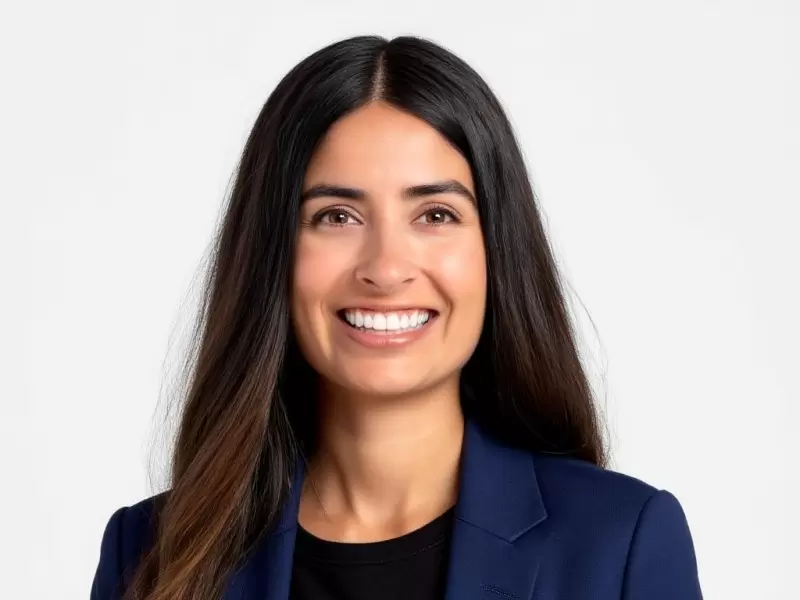
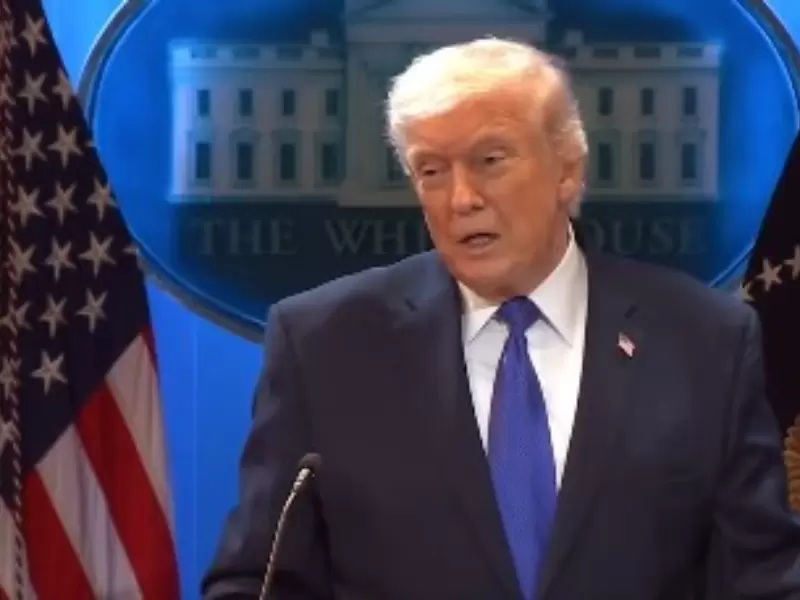
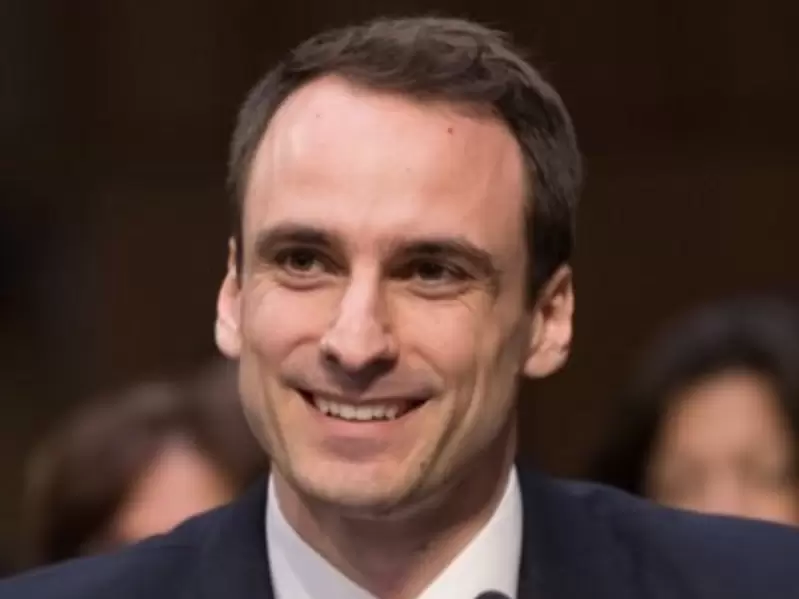
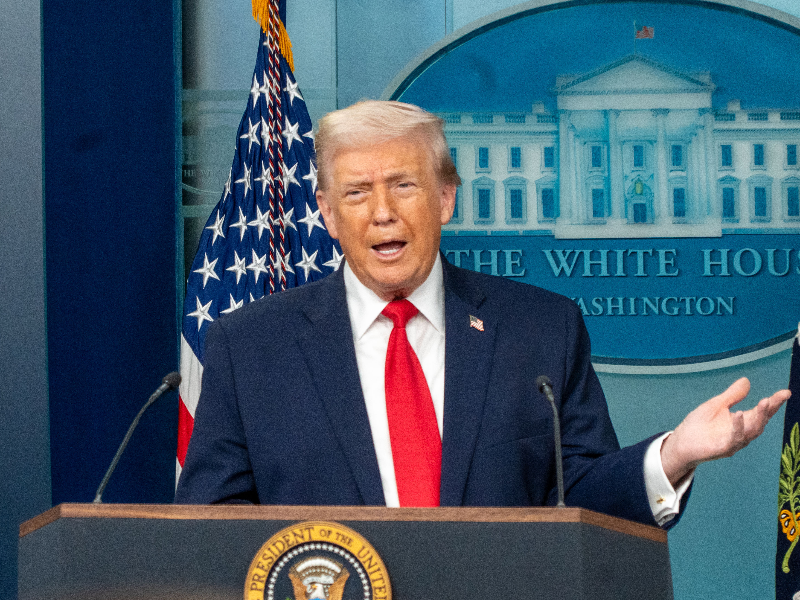
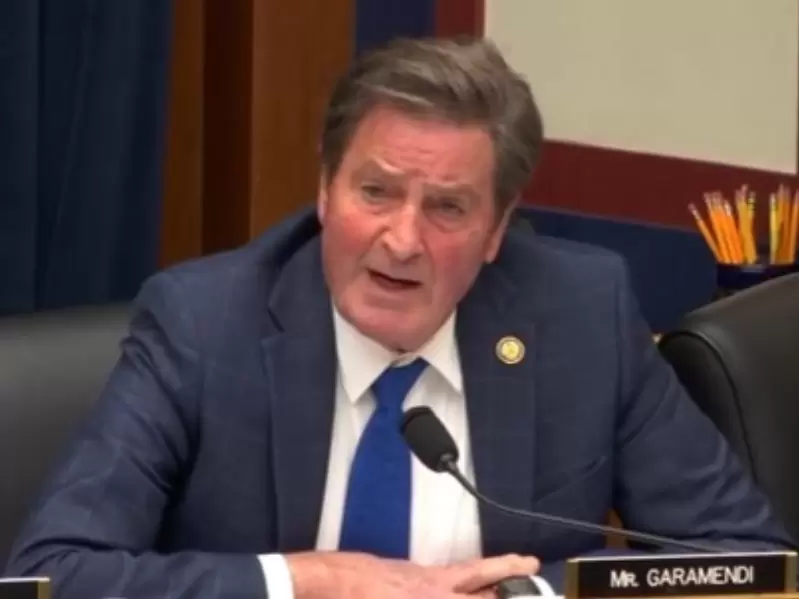


Comments
Start the conversation
Become a member of New India Abroad to start commenting.
Sign Up Now
Already have an account? Login